Partners
We build close partnerships with organisations worldwide that have a strong innovative vision or track record for effective action, supporting inspiring programmes that leave a better world for future generations. From humanitarian initiatives to environmental conservation programmes, we work to make a difference for the planet and its inhabitants, joining forces over the long term with our principal partners:

UNICEF
I would like to thank the MSC Foundation for its incredible support over the past 14 years. It's heartwarming to see that over the past years, the Foundation's support for UNICEF has gone beyond fundraising to raising awareness and visibility of UNICEF's work”
- Bettina Junker, Executive Director of UNICEF Switzerland and Liechtenstein.
Get on Board for Children!
Since 2009, the MSC Group and UNICEF have partnered in life-changing programmes to fight malaria in Africa, to provide an education for children living in the slums of Brazil and to combat child malnutrition, saving 100,000 young lives. Our most recent programme is in Ivory Coast, where we're recycling plastic waste to support children’s education and improve women’s employment.
Recycling plastic waste into building bricks for new classrooms
Together with UNICEF, we’re creating a women-empowering recycling market that makes plastic waste into innovative low-cost bricks to build much-needed modern classrooms.
Project: Get on Board for Children
Strategy: Clean up the environment, empower women and build classrooms for children
Impact: Education, Community support
Timeframe: 2019 - ongoing
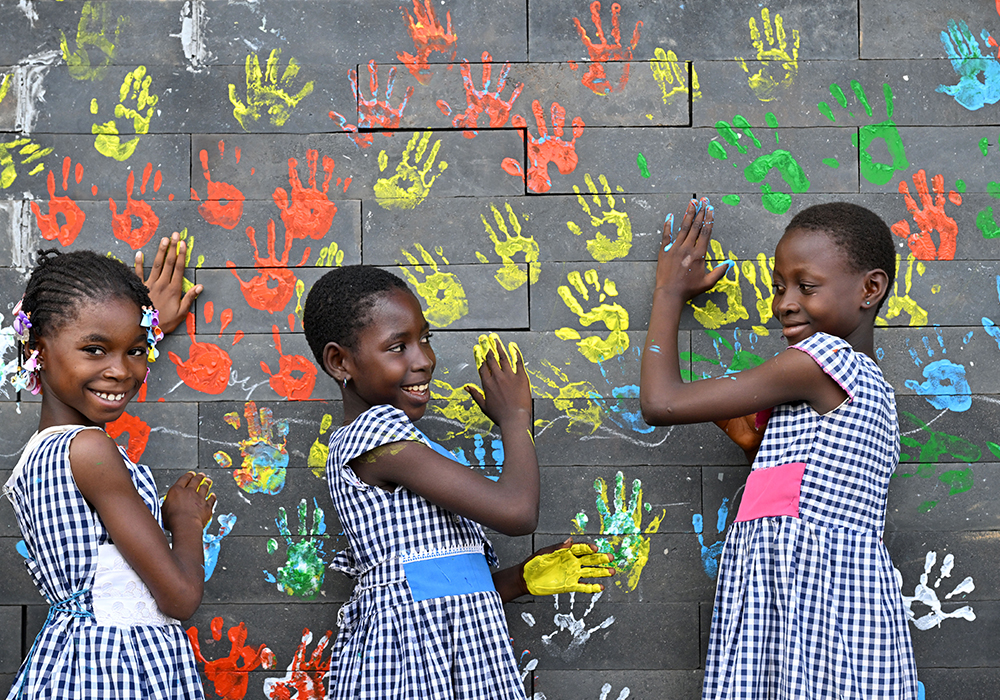

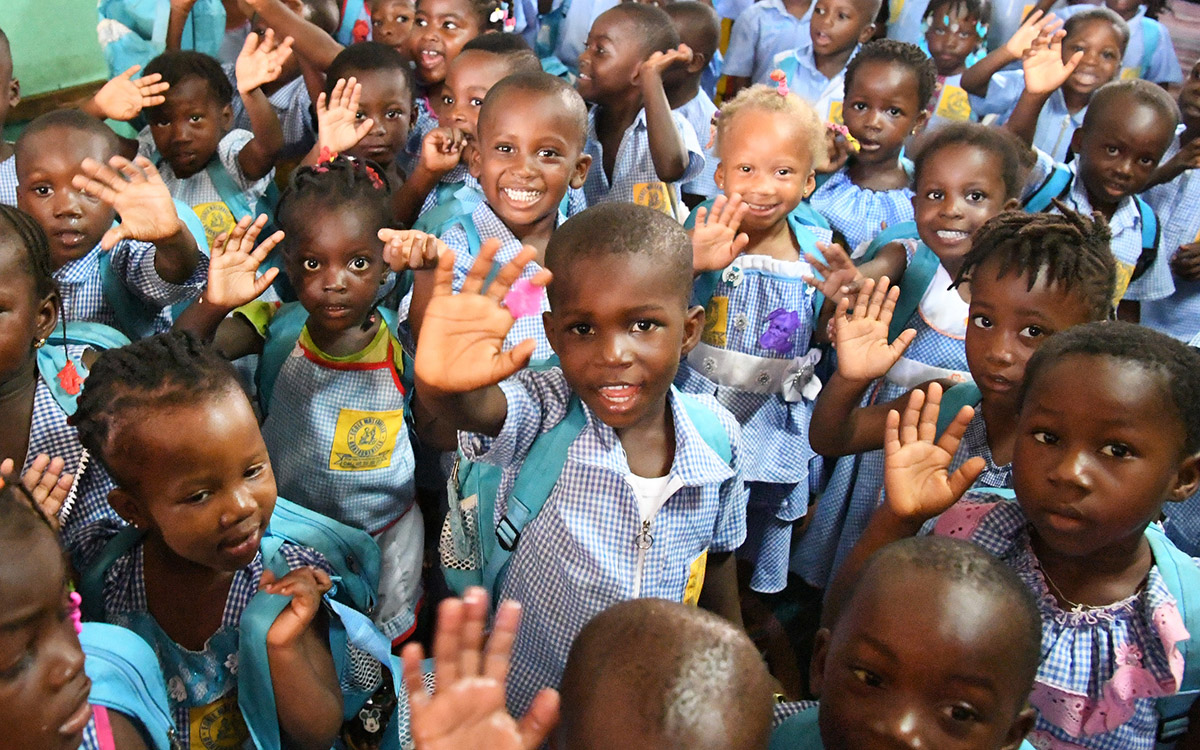
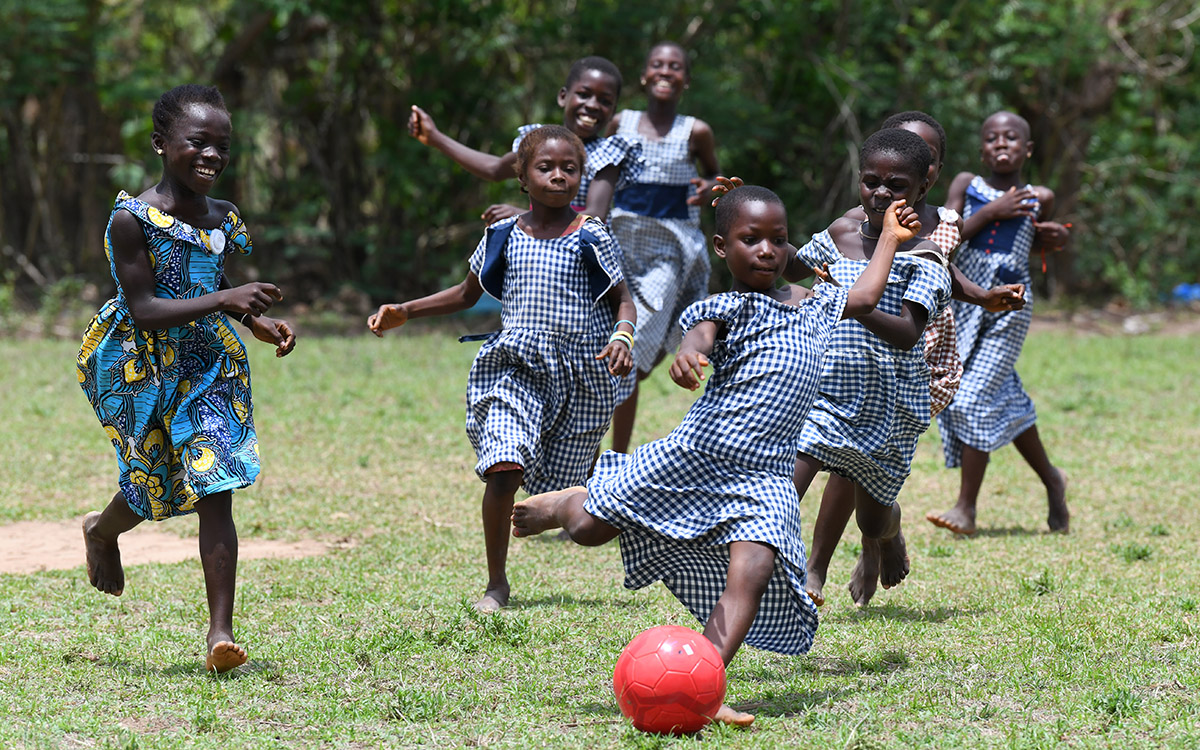


Mercy Ships
“MSC and the MSC Foundation help provide the lifeline to Mercy Ships and those we serve. Through MSC’s support, we are able to provide thousands of free life changing surgeries to the poorest of the poor in each nation we serve. In addition, our volunteer crew provide training to local healthcare professionals to help build capacity in the local healthcare system. This is made possible by MSC’s logistical and financial support for which we are so grateful.”
– Don Stephens, Founder, Mercy Ships
Ships of hope
Mercy Ships is a global charity that uses hospital ships staffed by all-volunteer crews as the most efficient way to deliver programmes of free, world-class healthcare services.
The MSC Group has supported Mercy Ships’ work since 2011, with a special focus on Africa, bringing hope and healing to thousands of people without access to healthcare and surgery.
Making a world of difference
We support Mercy Ships to bring hope and healing in Africa to thousands of people without access to safe, modern healthcare and surgery. The MSC Group provides Mercy Ships with logistical support, enabling it to focus more of its resources on healthcare, while the MSC Foundation provides direct funding.
Project: Mercy Ships
Strategy: Use hospital ships staffed by all-volunteer crews to provide vital surgery in remote areas without access to healthcare facilities
Impact: Community support
Timeframe: 2011 - ongoing


Marevivo
Our organisation has prioritised education and information on protecting the Sea since it was founded in 1985. Thanks to MSC's support and partnership, we are bringing up a younger generation who are more aware of the immense value that the oceans have for the survival of the human species
- Rosalba Giugni, President, Marevivo
Together for the sea
Marevivo is an Italian marine conservation association that works worldwide for biodiversity conservation, sustainable development and the enhancement and promotion of marine protected areas.
The MSC Group and Marevivo have been partners since 2015.
Building a brighter future
The MSC Foundation and Marevivo have partnered to build a global community of Citizens of the Ocean who advocate for and conserve our marine resources for the future
Project: Marevivo
Strategy: Provide initiatives for young people that raise awareness of marine biodiversity, sustainable development and the restoration of marine protected areas, and which combat pollution and illegal fishing
Impact: Education, Marine protection
Timeframe: 2015 - ongoing





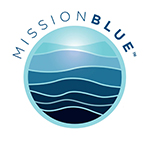
Mission Blue
"The ocean is at a breaking point, demanding not just our attention but urgent global action. We must protect it as if our lives depended on it – because they do! By joining forces with the MSC Foundation, we can now reach millions of people who are out on the ocean each year to help educate them on what is below the ship and inspire greater marine stewardship. The MSC Foundation has demonstrated its commitment to ocean conservation at sea and on land at Ocean Cay in the Bahamas and through its outreach programs aimed at engaging the public on a grand scale at a critical moment in time.”
- Dr Sylvia Earle, President and Co-Chair of Mission Blue
Formentera Seagrass Restoration Programme
Timeframe: 2024-2027
Location: Island of Formentera, Spain
Partner: Mission Blue
Seagrasses are flowering plants different from seaweed that grow in shallow, sheltered coastal areas. Forming underwater meadows rich in life, they support thousands of marine species and have diverse beneficial effects, producing oxygen, storing carbon, stabilising coastlines and helping keep our oceans clean. Yet, they face significant loss and destruction worldwide.
This three-year programme in partnership with Mission Blue is planting up to 37,000 seagrass plants around the Spanish island of Formentera over three years to replenish its precious seagrass meadows. This initiative aims to achieve multiple, cascading benefits: enhancing biodiversity, improving fish stocks and sequestering carbon, while contributing to the overall health of the island’s marine ecosystems.
Challenges to overcome
• It is estimated that one third of the worlds seagrass meadows have disappeared since the late 19th century.
• The destruction of seagrass meadows results in coastal erosion, loss of biodiversity and fish stocks, while depriving us of an important carbon sink.
• Around the Balearic island of Formentera, seagrass meadows have declined by approximately 34% over the past 50 years due to damage from boat anchors, marine pollution, and other human activities
• Climate change has contributed to the decline of about 7% of global seagrass meadows, impacting them through rising sea temperatures and ocean acidification
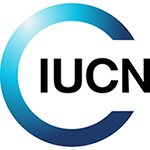
IUCN
“I want to express my sincere thanks to the MSC Foundation for their support. It could not be more vital; over a third of coral species assessed on the IUCN Red List face extinction. This partnership will enable us to complete further assessments, and ensure the world has the information needed to protect corals and the livelihoods of the more than half a billion people who depend upon them.”
- Razan Al Mubarak, President, IUCN
The MSC Foundation and International Union for Conservation of Nature (IUCN) partnered in March 2023 to accelerate ocean science and contribute to the United Nations Decade of Ocean Science for Sustainable Development as part of their commitment to environmental conservation.
Timeframe: 2023 – ongoing
Location: Worldwide
Partner: International Union for the Conservation of Nature (IUCN)
Challenges:
- Gather global data on 8,000+ coral species and threatened marine life to inform restoration plans
- Incorporate climate change in marine spatial planning to support threat reduction in target areas
- Run effective conservation campaigns to promote stakeholder knowledge and practical action
- Create new marine protected areas around biodiversity hotspots and critical habitats
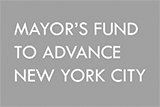
Mayor’s Fund to Advance New York City
Investing in our communities is critical to helping us face the challenges and opportunities of the future, including climate change. Our administration is committed to empowering New Yorkers across the five boroughs, including our youth. I thank the MSC Foundation for their support for these invaluable city initiatives.
New York City Mayor Eric Adams
NYC YOUTH CHALLENGES
- New York City’s state-school population is composed of students from various racial backgrounds. 71.9 % of them are economically disadvantaged
- Youths in high-poverty neighbourhoods face dangers and temptations which limit their development and educational attainment
- Low-income youths experience a range of problems, from family issues to bullying and being recruited into gangs, which promote their disengagement from school
- 27% of middle school students are children of immigrants and more likely to be poor than children in native-born families, resulting in educational & employment disparities
- New York, like the rest of the world, is facing significant increases in food prices and decreases in the availability of fresh food
- Many people in New York have limited access to green spaces
- Urban areas are experiencing the effects of climate change, including urban heat and flooding
- Community-led green spaces can often lack funding for logistics and equipment
NYC GREEN SPACE CHALLENGES
Creating a stronger, more equitable New York City
The Mayor's Fund to Advance New York City is a not-for-profit organisation working with 50 City agencies and offices, 300 institutional funders and 100 community-based partners to advance initiatives that improve the lives of New Yorkers from all walks of life across all five boroughs.
The MSC Foundation and Mayor’s Fund to Advance New York City joined forces in December 2022 to support underserved New York communities through programmes in the fields of education and the environment.
Sowing seeds of connection and hope
The MSC Foundation has partnered with the Mayor’s Fund to Advance New York City with a grant of a quarter of a million dollars to support two City programmes
Programmes: “NYC Junior Ambassadors” and “NYC Parks GreenThumb”
Strategy: Educate & empower youth and sustain community connections & the environment
Impact: Community Support, Education, Environmental Conservation
Timeframe: 2022 - ongoing
Our principles
Every partner and programme is selected following a rigorous process that considers relevance, impact, innovation, sustainability and cost-effectiveness. We do not accept unsolicited requests for funding.
